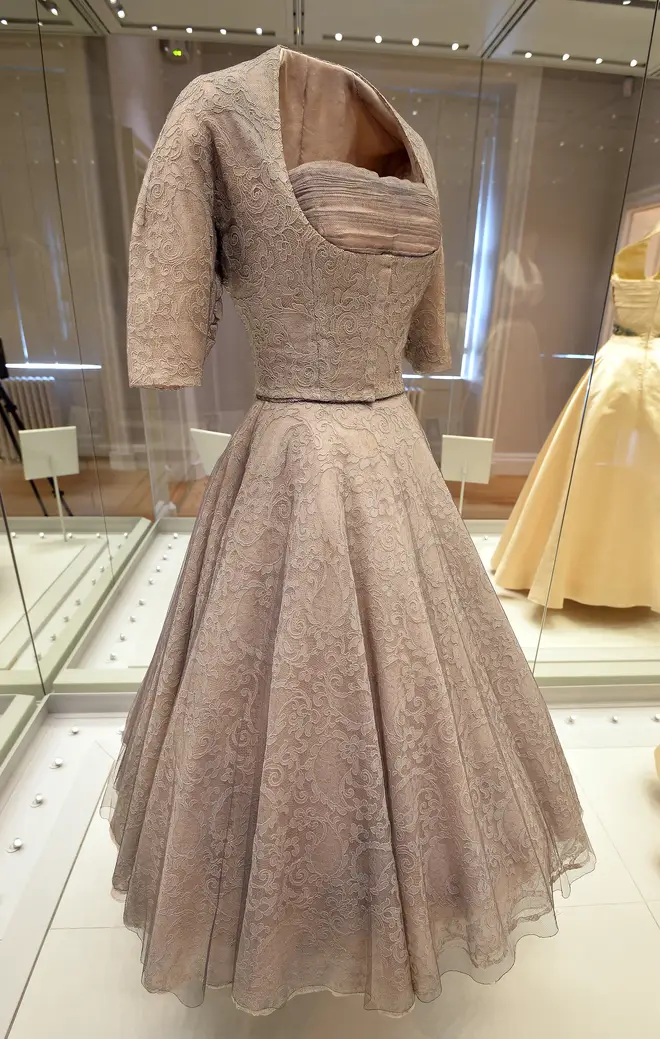
Clive Bull 1am - 4am
22 May 2022, 07:04

Televisions were seen as luxuries and cattle and horses were more common on UK roads, Aviva said.
An insurance giant has delved back 70 years in its archives to reveal more about what everyday life was like then, to mark the Queen’s Platinum Jubilee celebrations.
Aviva’s records reflect how homes and pastimes have changed over the decades.
Seventy years ago, the tech cover available included “wireless” (radio) and television installation insurance for households owning such items, Aviva said. Cover extended to accidental death or injury caused by these devices to any person not belonging to the household.
Electric vehicles, mobile phones, laptops and e-bikes are among the tech items Aviva insures nowadays.
National celebrations for the Queen’s Platinum Jubilee are taking place on a special extended bank holiday weekend from June 2 to 5.
Anna Stone, group archivist for Aviva, said: “Our documents from 1952 reveal a world where TVs were luxuries and therefore benefited from their own insurance; cattle and horses were more common on UK roads and it wasn’t unheard of to take a typewriter on holiday.”
Looking at home insurance, Aviva found that comprehensive household insurance offered protection against events still seen today, such as fire, burglary and storms – although some of the 1952 policy wording has fallen out of favour, including cover for “thunderbolt”, “larceny” and “tempest”.
Flood damage was excluded, although nowadays Aviva does cover this, using risk-mapping technology to assess the likelihood of flooding.
Properties were covered against damage caused by motor vehicles, as they are today, although impacts from road vehicles were grouped together with damage from horses and cattle.
Aviva heritage brand Norwich Union provided “private dwelling insurance” which covered a customers’ possessions in a similar way to modern home contents insurance.
A checklist allowed customers to keep track of their belongings and included popular possessions of the day including a piano, radio, television, food stocks, lino, servants’ goods, jewellery and “sundries”.
Customers were also offered an optional add-on of glass cover, to include glass in greenhouses, fanlights, verandas, conservatories and outbuildings.
The policy also covered accidents to servants, as well as their clothing and personal goods.
Aviva’s heritage companies also offered a number of specialist insurance policies for very specific types of cover.
These included golf insurance, cover for brass and military bands and insurance for glass shop fronts.
Golf insurance enabled people to claim for loss or damage not exceeding £50 (equivalent to around £1,531 today) for golf clubs and bags.
It also provided cover for clubs broken while practising, and accidental injury or death cover to the insured person while on a golf course.
Brass band insurance covered instruments, uniforms, music, music stands, cups and trophies.
Looking at motor insurance, a policy offered in 1952 by General Accident, now a part of Aviva, covered many similar risks to those seen today.
A separate section also specified that the customer would be covered for loss or damage to “rugs, coats, luggage, medical or surgical instruments by accidental means or by fire, theft or larceny”.
Policy exclusions included traveller’s samples, tools and books.
A separate motor policy offered by Road Transport and General – another Aviva heritage company – covered against loss or damage due to frost, riot and civil commotion.
While today Aviva’s travel insurance offers some protection against Covid-19-related risks, as well as cancellation cover and medical expenses, in 1952, insurance for travellers was more focused on personal accidents and baggage.
One policy offered cover for those enjoying “camps, tours and excursions at home and abroad”.
Baggage was covered against loss or damage by “pilferage” and “sea water” as well as fire, theft, loss and “other accident or misfortune”.
There were exclusions for trinkets, field glasses and “valuable laces”, while an excess was applied for those holidaying with their chinaware, glass, typewriters and musical instruments.